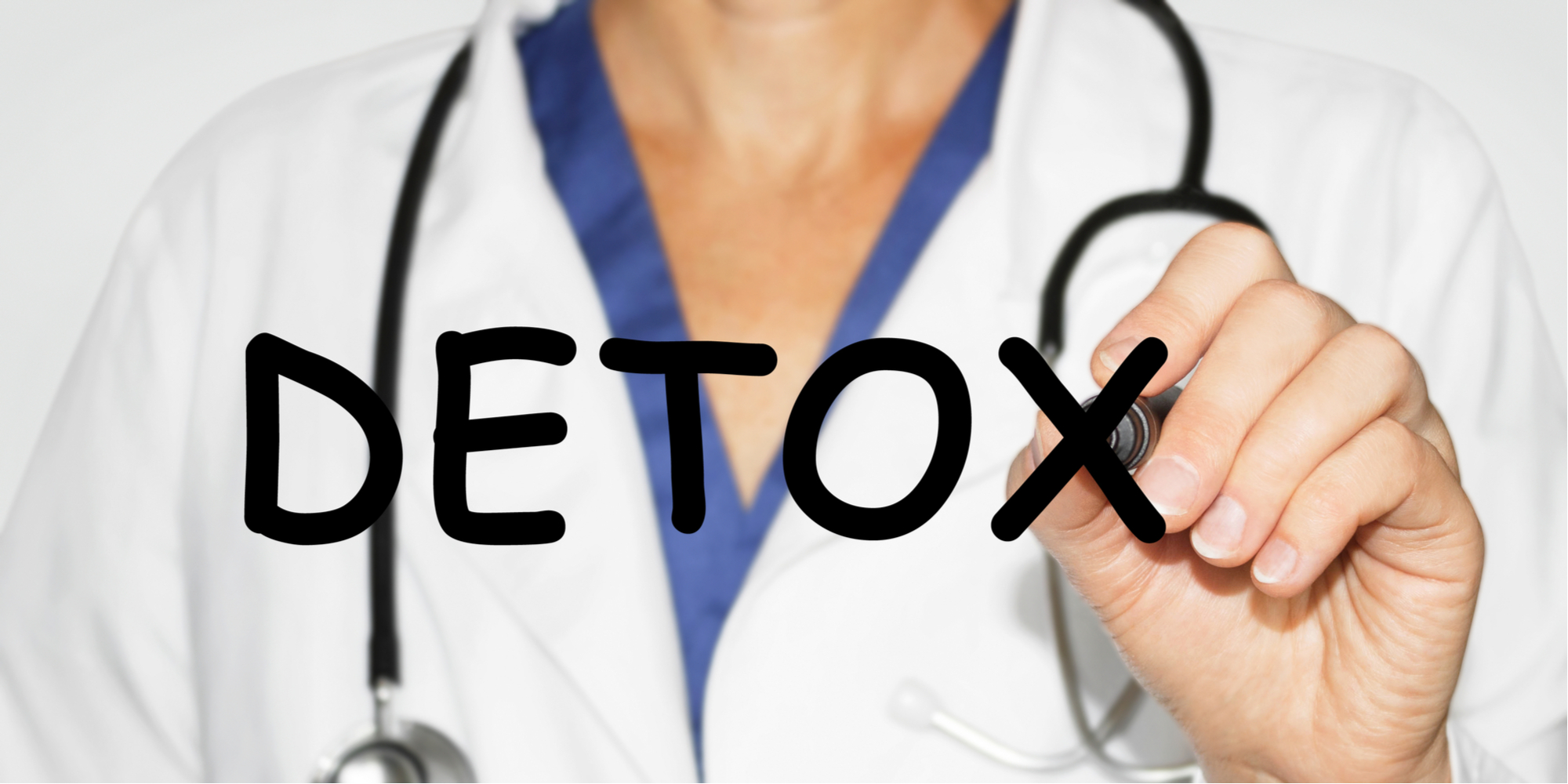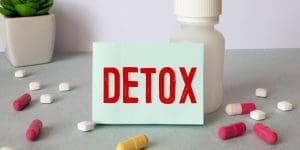Reaching the decision to quit drugs and alcohol is an accomplishment. And you should feel proud for starting on your recovery journey, but it’s important to make sure you’re taking the right steps now to protect your sobriety.
When you decide to stop drinking or using drugs, you might want to quit “cold turkey” at home. But medical detox can offer a much safer, more effective alternative. In fact, let’s delve into the benefits of medical detox and how it can help you.
Contents
What Is Medical Detox?

Before we explain what makes medical detox so essential to recovery, let’s cover what our medical detoxification program provides.
First, we accept patients who have recently decided to quit drugs or alcohol. For most people, this is a time of crisis. They may feel nervous or uncertain about their decision to quit. By providing them with a safe, sober environment, we can greatly reduce the risk of relapse and prepare them for subsequent care at a drug and alcohol addiction treatment center.
As patients begin the detox process, we monitor their vitals and keep them comfortable. If any withdrawal symptoms arise, our highly trained medical staff is available to treat the symptoms. This is not just a matter of comfort, either; the symptoms of withdrawal can quickly derail a newfound sobriety.
Drug and Alcohol Withdrawals
The withdrawal process varies considerably from person to person. This can depend on what substances you’re detoxing from, your history of use, and your medical history. So while nobody can say exactly what detox will be like, there are certain symptoms of drug and alcohol withdrawals that you can expect.
If you come to a detox center to start recovering from alcohol addiction, some of the symptoms you can expect include:
- Anxiety
- Nausea and vomiting
- Inability to sleep
- Fever
- Elevated blood pressure
However, the most serious symptom of alcohol withdrawals is delirium tremens (DTs). People undergoing alcohol withdrawals may experience this symptom during the third day without alcohol. DTs are categorized by a state of confusion in which individuals can see or hear things that aren’t really there. In particularly extreme cases, fevers and seizures may present as life-threatening symptoms.
Treating and preventing extreme symptoms like these are the biggest benefits of medical detox. Without proper medical care, it’s tempting to relapse simply to stop these uncomfortable and dangerous withdrawals. And dangerous symptoms aren’t just for alcohol withdrawals, either. Medical detox can also help with drug withdrawal symptoms, including:
- Muscle aches
- Excessive sweating
- Insomnia
- Cramping
- High blood pressure
Because symptoms of drug withdrawal vary by the drug abused, it’s hard to predict exactly what symptoms you may experience. But according to the National Institute on Drug Abuse, the most severe drug withdrawal symptoms can include seizures, so remember that drug withdrawals can be deadly without proper medical care.
Now that we’ve covered the importance of enrolling in a detox program at an addiction treatment center, let’s talk about what comes after medical detox.
Post-Detox Treatment

Perhaps the biggest benefit of medical detox is treating the physical causes of addiction. However, mental addiction is just as dangerous, especially if left untreated. And that is the part of addiction that you’ll learn to face in other levels of care.
From detox, most people will transition to an inpatient rehab program. In this level of care, you will stay onsite at an addiction treatment center and receive treatment for co-occurring addiction and mental health issues. This way you will be in a sober, supportive environment 24/7, which will protect you from relapse during the early stages of recovery. During your stay, you will work with mental health and addiction recovery professionals to learn to manage your mental health and maintain sobriety.
After completing residential treatment, it’s normal to enroll in a partial hospitalization program (PHP). With this treatment program, you will live at home and attend treatment for up to five hours a day. And this continued support will help you adjust to the stressors of daily life. Without this level of care, some people find it too hard to maintain sobriety in the “real world” and end up relapsing. This is because staying sober is comparatively easy in a clinical environment where no drugs or alcohol are available, and transitioning to the real world can be rocky for some people.
As you can see, a comprehensive treatment plan has a lot of steps. And to get all the benefits of medical detox, you’ll want to complete a full continuum of care. But we’re here to help you figure everything out. If you’d like to learn more about our medical detox program or our other services, call our admissions specialists at (772) 335-0400 or ask questions via our confidential contact form.


























